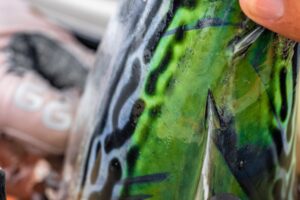
Albies Win in North Carolina: New Guardrail Management Rule Approved
After years of data pouring in from The Albie Project, advocacy, persistence, and support from our dedicated community, we’re excited to share a major win
Albies have a cult following throughout the Atlantic coast and much of the ASGA membership depends on them. There are an estimated half of a million trips targeting false albacore annually but unfortunately, there is no management or scientific understanding for this species so important to coastal communities throughout much of the Atlantic coast.
ASGA recognized how valuable this species is to our membership and leveraged our network to learn more about albies with the goal of convincing fishery managers to establish some precautionary management for his under-appreciated and overlooked species.
Recognizing that false albacore are a data-poor species, ASGA stepped onto the frontlines of Albie research with ample support from our community partners and sponsor brands. The Association initiated an acoustic tagging study with the New England Aquarium to learn about coastal movements and gain insights about catch and release mortality. You can find results from the first year of the study here.
During the 2021 season, we received a call from one of our Montauk guides, Capt. Vinny Catalano, who connected us with one of his long-time, Albie-crazed clients, Steve Bogdanawicz – who just so happens to be a Geneticist at Cornell University. The next step in the development of The Albie Project was clear. In the following weeks, the ASGA team executed genetics work with albies caught over a 72-hour window in Harker’s Island (NC), Montauk (NY), and Cape Cod (MA).
A summary of the initial results of the Genetics Research can be found here. Additionally, you can listen to The Guide Post Podcast where Steve joins the ASGA team to break down the findings.
In the summer of 2022, ASGA began to explore possible avenues for false albacore management, as some of our members in North Carolina and Florida informed us of concerning and expanding sources of landings: unreported and unregulated bait markets. Our primary response was developing precautionary guardrails for albie fisheries to protect the communities dependent on them and the species’ long-term sustainability. You may remember our community call-to-action which can be found here. We first went to the South Atlantic Fishery Management Council, because albies were previously included in the Council’s Coastal Migratory Pelagics Fishery Management Plan.
While the Council appreciated the value of false albacore fisheries, there was little appetite for full-fledged federal management. ASGA pivoted their management campaign approach, deciding to advocate that the Council’s Mackerel and Cobia Advisory Panel develop fishery performance reports to track landings and catch estimates. In December 2022, the Council directed the Advisory Panel to develop FPRs every three years; while not as frequent as we would have hoped, this was a start.
Soon after, this momentum carried to the state level whn tunny-obsessed communities along the coast of North Carolina and Massachusetts called upon their state fisheries departments for albie management. These communities rallied a relentless, science-driven campaign to convince their managers, and within a single year, both states established the first ever regulations for false albacore! Click the news tiles below to learn more.

After years of data pouring in from The Albie Project, advocacy, persistence, and support from our dedicated community, we’re excited to share a major win
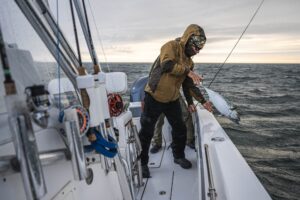
Feature Photo Credit: Rex Messing and the SIMMS team fishing with Captain Jaime Boyle Albie and Atlantic bonito lovers in the Commonwealth have reason to

Feature Photo Credit: Capt. John Mauser Our beloved little speedsters need your voice once more time. False albacore management is back on the docket in
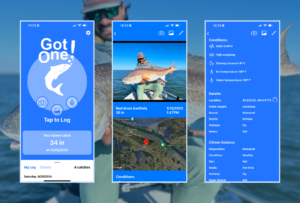
As we step into 2025, we’re proud to highlight the remarkable contributions of our partnership with the GotOne app and its community of data-driven anglers.
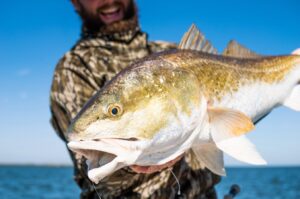
Cover Photo: The beauty of a redfish tail captured by the Dorsal Outdoors crew. ASGA is thrilled to announce an exciting new series under The
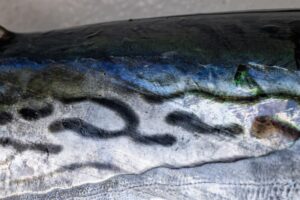
False albacore have been getting a lot of attention lately. Oftentimes when you see a news release on fisheries management, it is based on poor
GIVE THE GIFT OF FISHERIES CONSERVATION THIS HOLIDAY SEASON. SHOP ASGA GOODS THAT FUND FISHERIES RESEARCH & ADVOCACY CAMPAIGNS
JOIN ASGA IN CALLING FOR CRITICAL MANAGEMENT ACTION AFTER YEARS OF SPAWN FAILURES & POOR MANAGEMENT.
By using this website, you agree to our use of cookies. We use cookies to provide you with a great experience and to help our website run effectively. To learn more, please review our privacy policy.